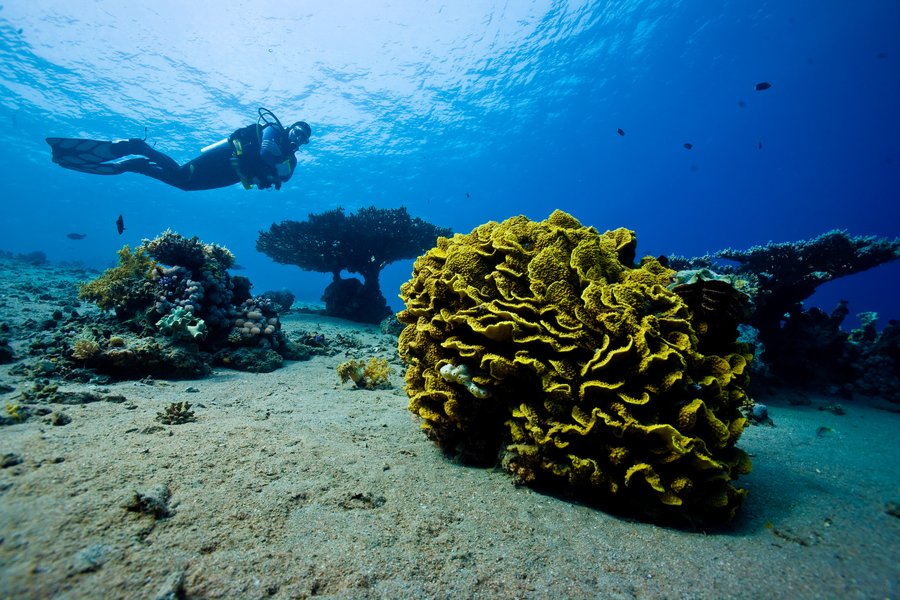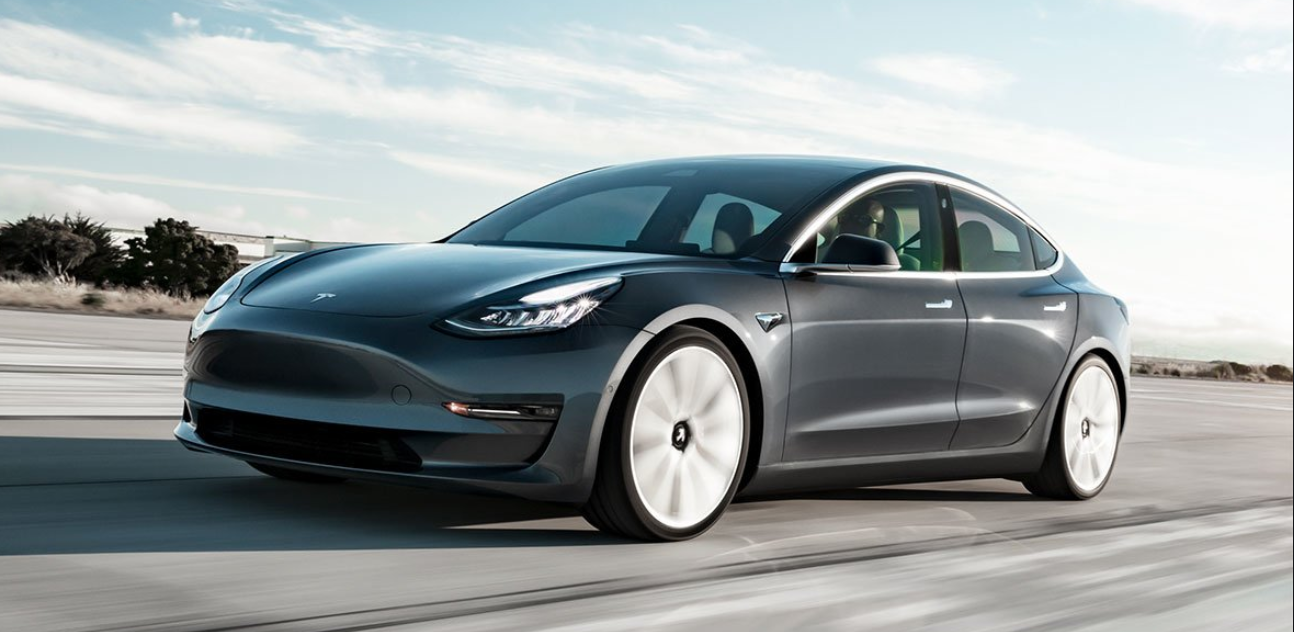Plants - the lungs of the earth
Plants are the lungs of the earth and of people. Without them we could not live and one could not imagine life on earth.
What would interest me:
How can you get people to cut down no trees or only a few?
What happens if we have too few trees in the world?
Are there alternatives?
Is it possible to produce oxygen in other ways without anyone suffering any damage?
Are there already signs that we have too little green space?
(in process)



I am interested in solar roof systems. how are they made, where are they produced and what do you need for the production?
What are the advantages and disadvantages of solar systems and how much do they cost?
How much electricity can you save with these systems and what can you use them for?
I would like to answer these and other questions in my project.
In the world, electricity is increasingly being generated by renewable energy sources such as wind, water or solar power.
I would be interested to find out more about heat pumps. I would be interested in the following:
- How efficient are heat pumps compared to other renewable energy sources and also compared to coal-fired or nuclear power plants?
- How environmentally friendly is the production and disposal of heat pumps?
- How exactly is electricity generated?
- Is it worthwhile to get your electricity through such heat pumps (comparison with the usual electricity costs)?
- How are heatpumps constructed?
- Lifetime

I want to use this post to promote a project that concerns us all. Plastic waste in the oceans and the conservation of the reefs. Even though we do not have a sea in Switzerland, we are also affected and responsible to preserve it for posterity.

There are so many different problems, if we think about the environment and there are big inventions, when it comes to technology.
- But how can we help?
- how can we reduce our water?
- what can we do to renew energy, save and use it again?
- are we locally using renewable energy? Or don’t? How can we change it?
- can we plants trees?
- saving water is such a good thing we don’t even realize how much water we use and waste.
all about how to live more ecofriendly and do Little things in our everyday life to improve our enviroment.
Agriculture
In this project, I would like to talk to our local farms and also take a closer look at why we need regional products and why they are important for the environment.
Maybe I can compare the different farms and regional products from different countries, with the help of cooperation partners.
Why does agriculture is important?

A survey on people, how they'd envision today, if certain things already had been achieved (e.g. We solved our energy and food problem)
To the video (arte.tv)
Available from 15/08/2020 to 20/10/2020
Since the end of the Second World War we cannot seem to live without plastic: Invading every industry worldwide and creating an island of plastic waste in the oceans one third the size of the USA. Can we free ourselves from our addiction to plastic?
2020, 13 min
The car industry is increasingly turning to electric vehicles. But do we have enough energy to meet this d
emand? It doesn't make much sense to try to reduce the CO2 balance by building electric vehicles, but the necessary energy is not available.
In order to get the energy we need, we could include many sustainable sources. Like for example: Wind turbines, hydroelectric power and solar panels.
do we have enough energy.m4a (429,83 kb)

My contacts in Siem Reap Cambodia are currently busy with the Covid pandemic. They are taking care of school children whilst the schools are closed. They do not have the capacity to be part of a collaboration with us right now.
Meat from species-appropriate husbandry is significantly more expensive than at discounters. The advantages to have meat from species-appropriate husbandry are that the animals are healthier, need less medicine and feel well. This also has a positive effect on the meat quality.
It is important to support the farms, which hold the animals species-appropriate. Meat from poor animal husbandry should not be supported.
Our idea is that meat is only sold directly from farms and that no more meat is imported from abroad. We will ask people where they get their meat from and what they pay attention to.

Joelle Sommer & Julia Anderegg